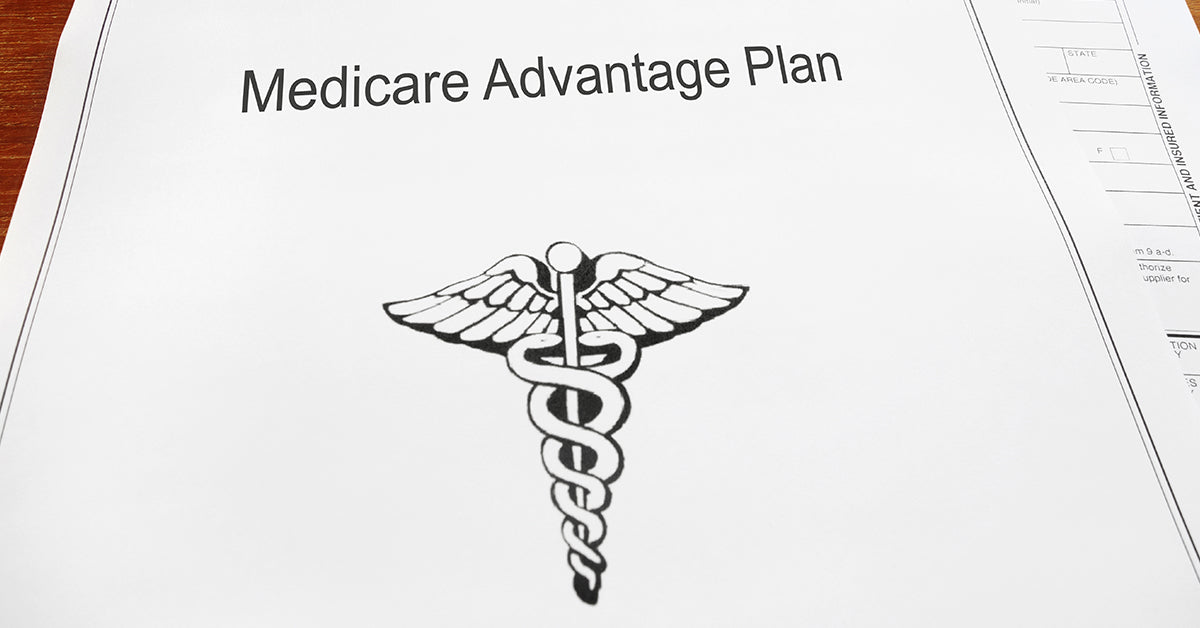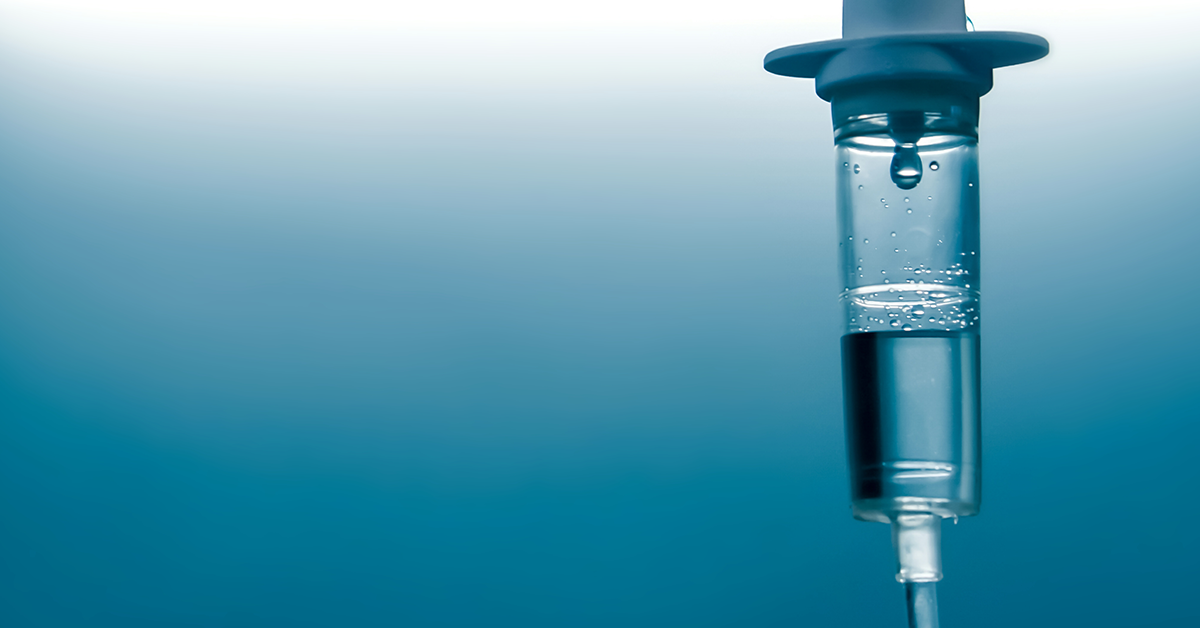Direct-to-Consumer Prescribing Could Have Downsides
-
Feb 08, 2024
UnitedHealth Group’s Optum division recently launched a new direct-to-consumer telehealth prescribing venture as part of its Optum Perks vertical, joining a crowded field of DTC prescribing and dispensing. Experts say that the Optum Perks debut is proof that DTC prescribing around “lifestyle drugs” will likely continue to grow rapidly, but they say that there are clear downsides around utilization management and care coordination — particularly where glucagon-like peptide-1 (GLP-1) agonists are concerned.
Optum Perks’ rollout follows closely on the heels of Eli Lilly & Co.’s Lilly Direct launch, which also saw a health care giant steer into DTC prescribing waters. Lilly and industry watchers say that Lilly Direct is mainly intended to dispense its tirzepatide GLP-1 drugs, known by the brand names Mounjaro and Zepbound. Patients may or may not be able to obtain GLP-1s from Optum Perks; UnitedHealth’s press release doesn’t have a comprehensive list of drugs offered under the service, although it says that “low-cost care and prescription treatments for hundreds of conditions ranging from acne to a cough to high blood pressure” are available.
Read more© 2025 MMIT












